LIVE frogs and turtles are still being sold at wet markets in China despite the wild animal trade being blamed for the coronavirus pandemic.
Officials in Beijing shut down wet markets after early cases of the corona virus were linked to the Huanan Seafood Wholesale Market in Wuhan.
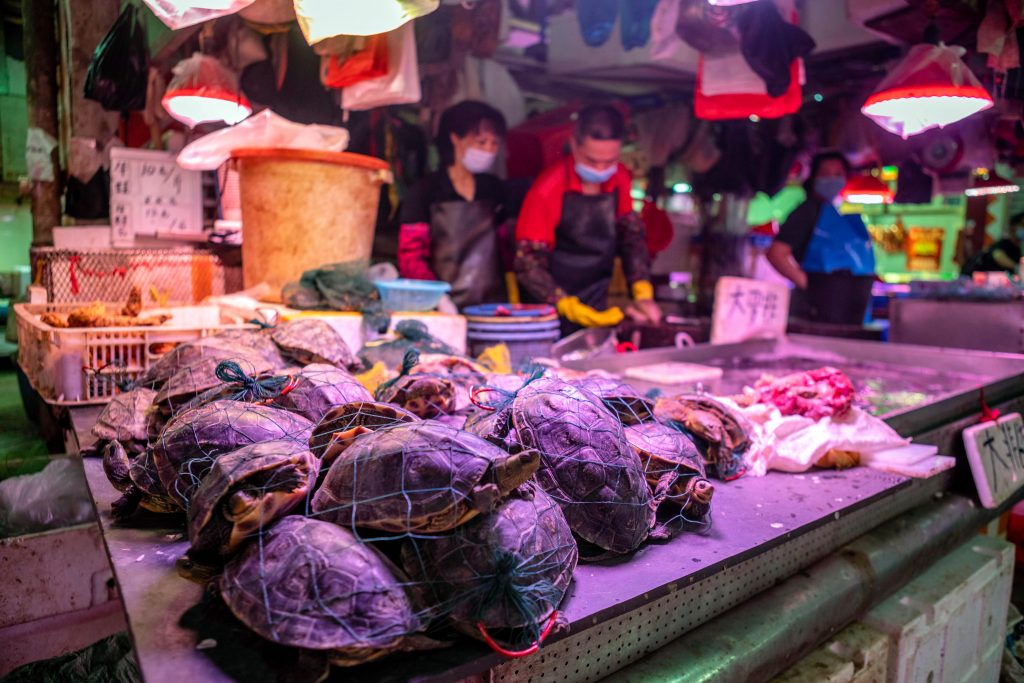
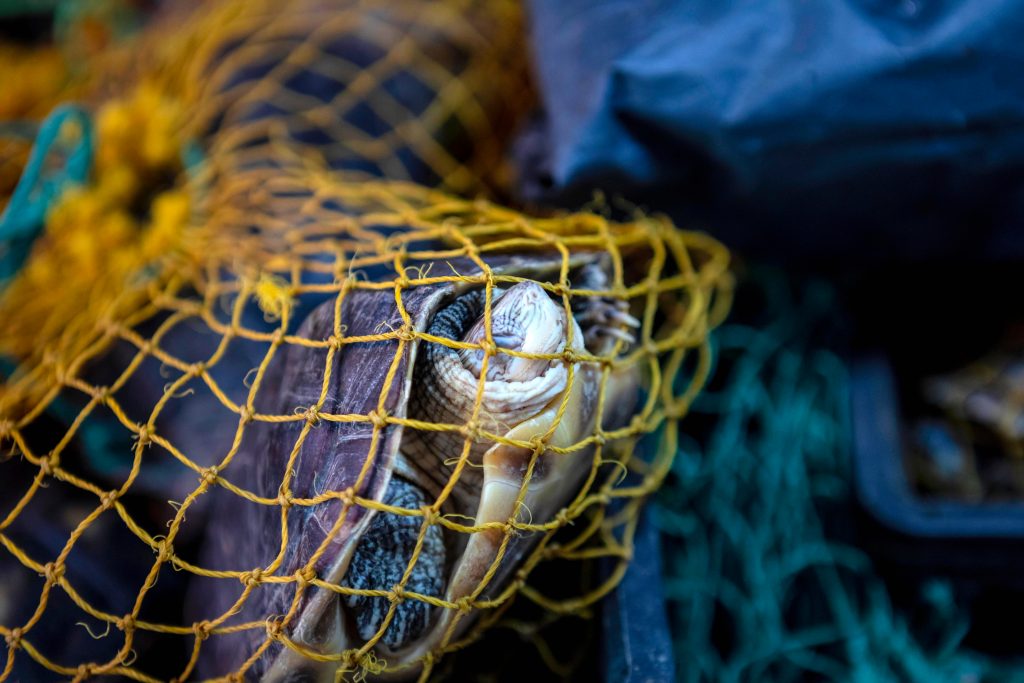
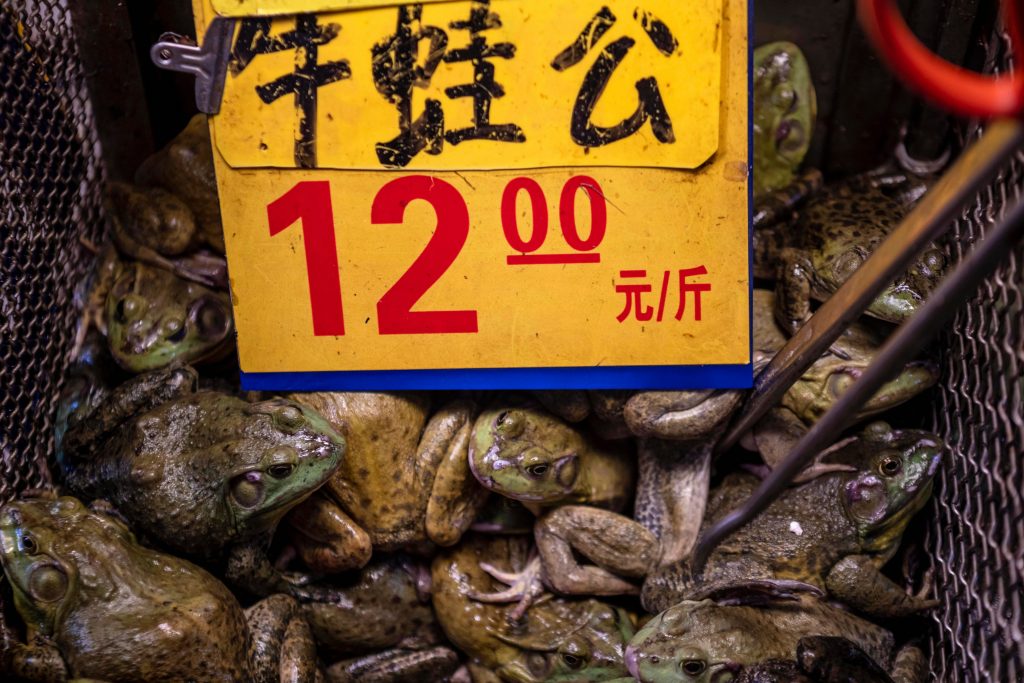
Wet markets were able to resume trading as of mid-April.
The Chinese government banned the breeding, trading and selling of wild animals in February, but has yet to publish a full list of what is considered ‘wild’.
The law has yet to become permanent as officials are looking for what the public thinks is wild animal or livestock.
So far 18 animals are considered exemptions from the ban including cattle, pigs, poultry and camels.
There are further 13 species that would fall under the “special” tag and also be exempt and those include: reindeer, alpaca, pheasants, ostriches and foxes.
The full list isn’t expected to be finalised until mid-May and until then it appears openly selling wild animals can resume.
It is understood most animals like frogs, turtles and scorpions are on a list of banned animals – and there is still a demand from buyers.
One city in China has already banned eating cats and dogs in a historic new law.
Shenzhen, a city of around 13 million people, will end the trade on pet meat.
Lawmakers in Shenzhen have passed China’s first ruling to ban the sale of meat from cats and dogs – which came into effect on May 1.
It comes after a video taken at the Tomohon Traditional Market in North Sulawesi, Indonesia, has emerged showing butchers carving up animals in the open and customers free to roam through the crowds.
The coronavirus is believed to have emerged from such a market in the city of Wuhan late last year.
Wet markets traditionally sell fresh produce and live animals, such as fish and exotic animals, which are butchered in the open air.
They tend to be popular with shoppers who believe the items on sale are cheaper and fresher than in supermarkets.
But they’re poorly regulated.
The suspected source of the killer bug, the Huanan Seafood Market, has not reopened.
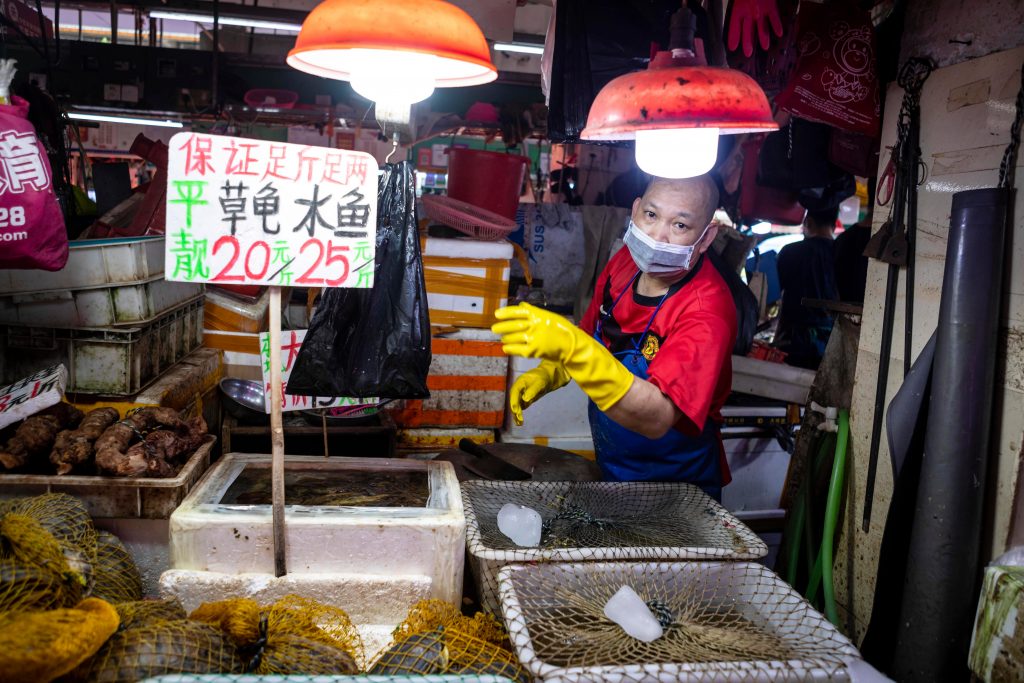
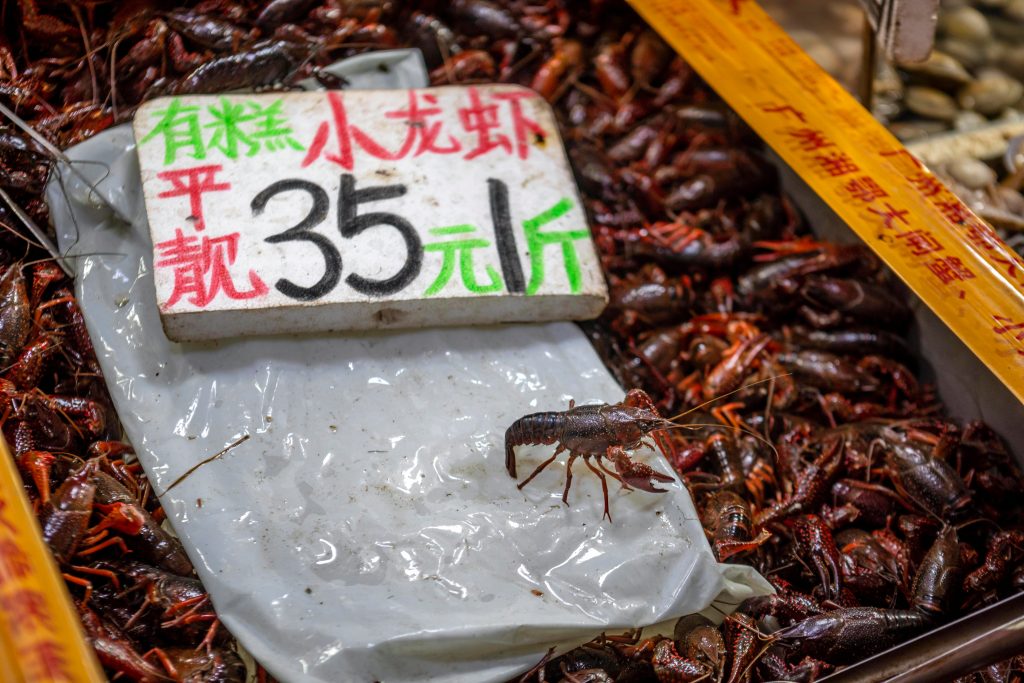
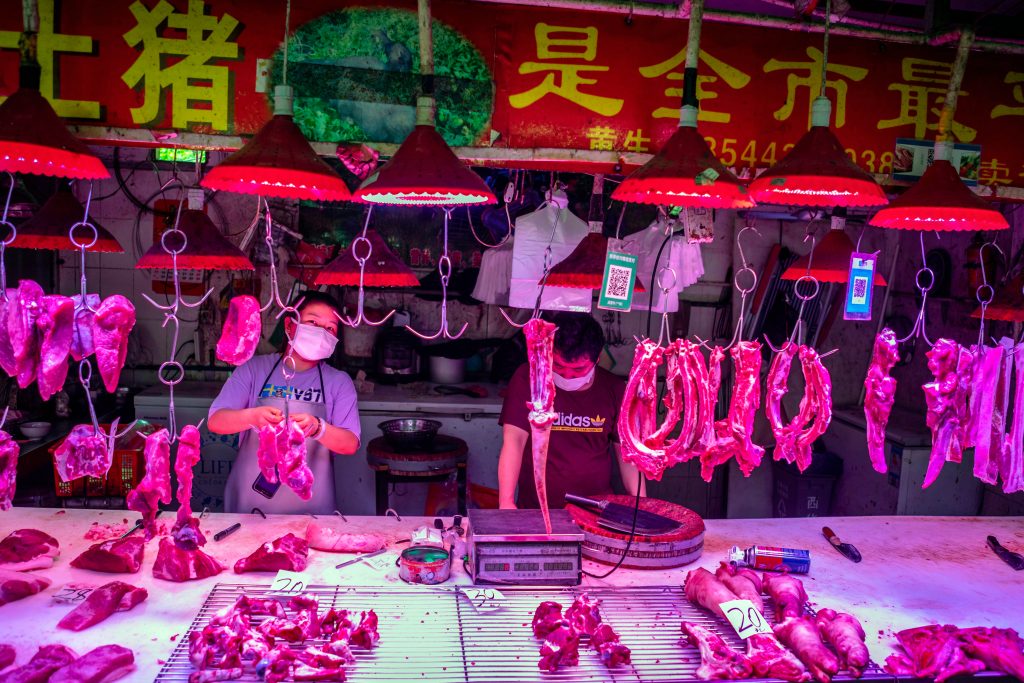
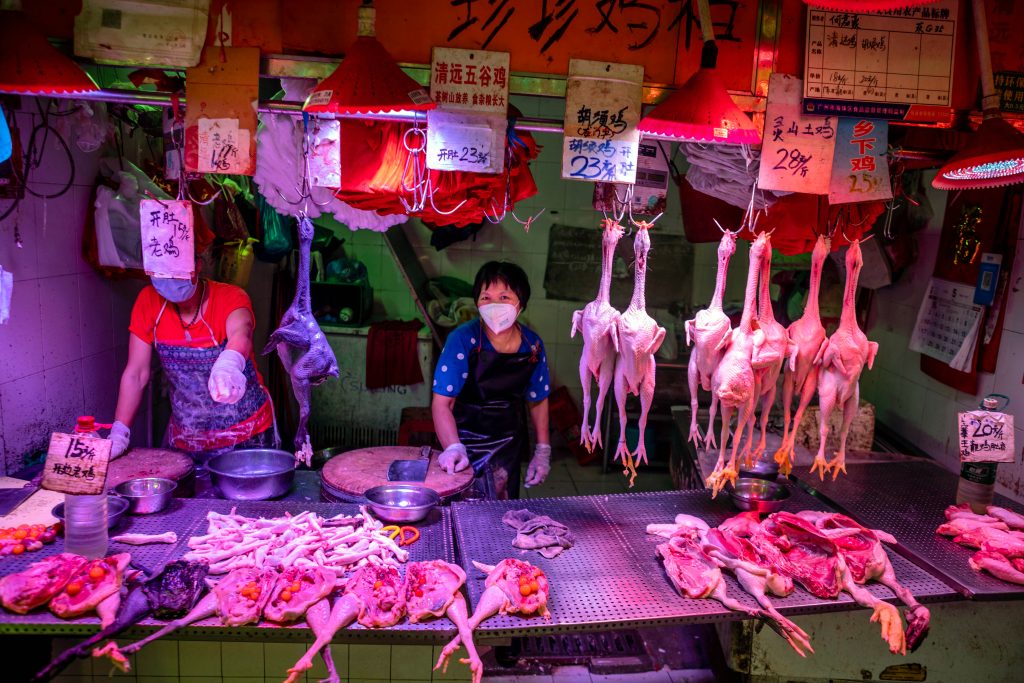
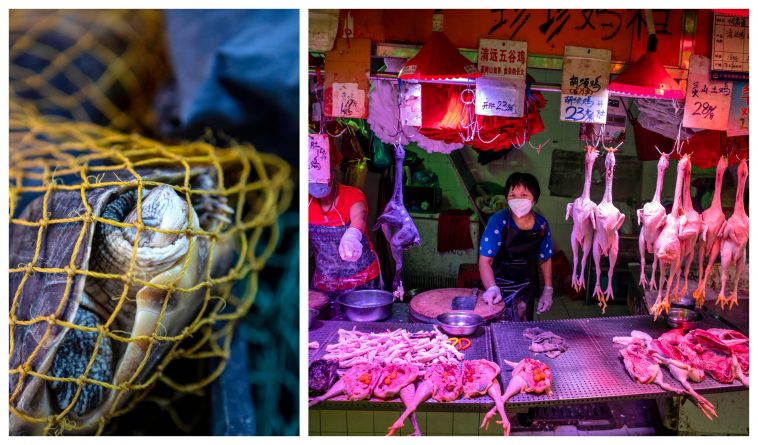
Comments